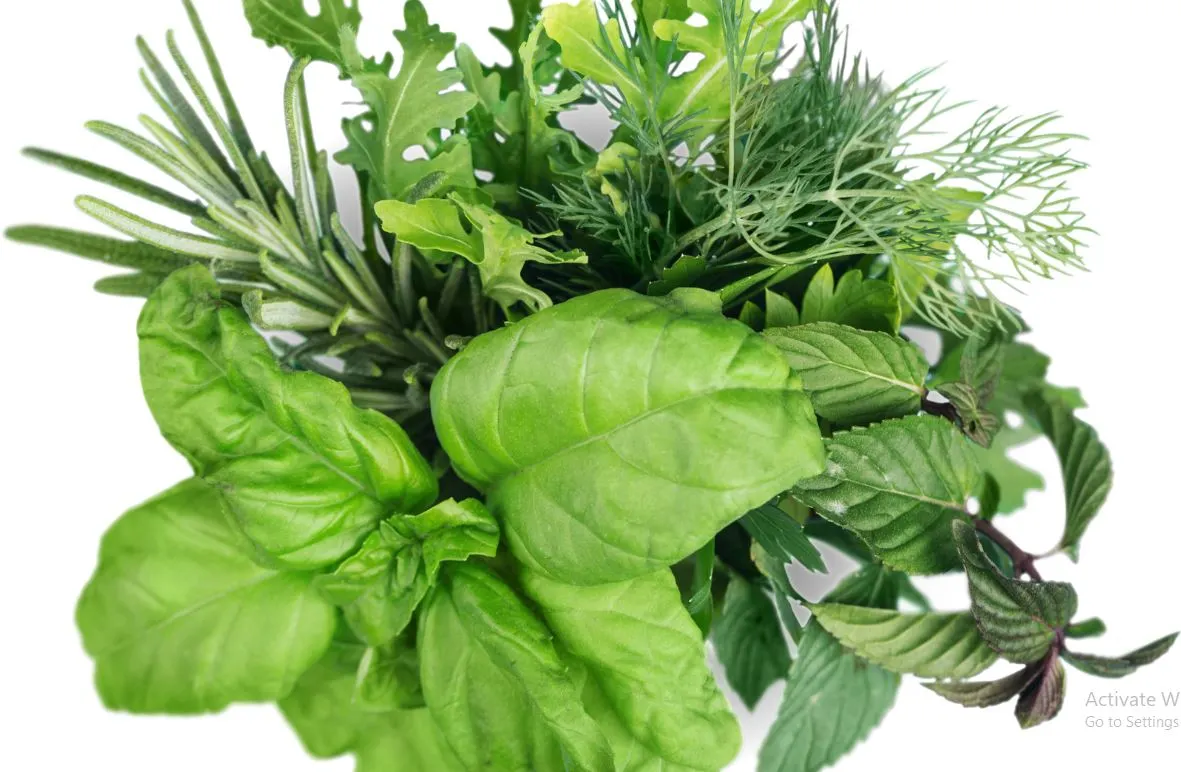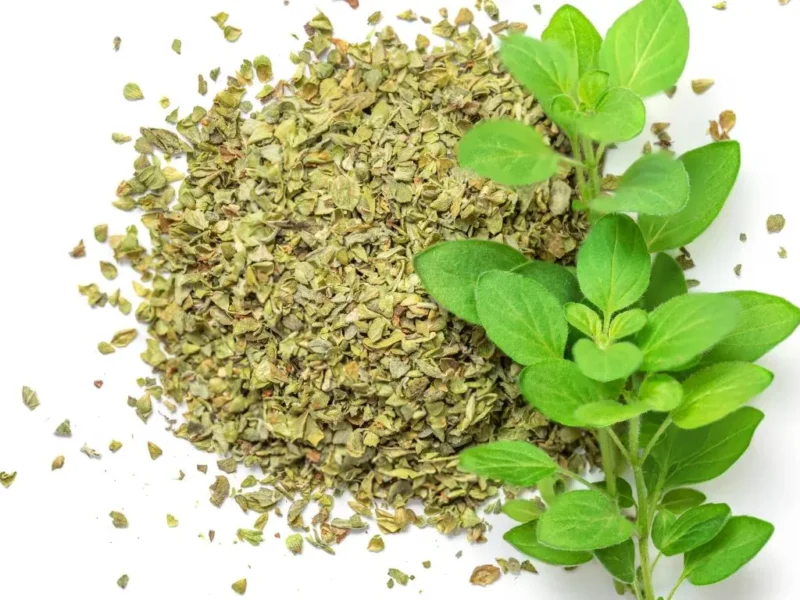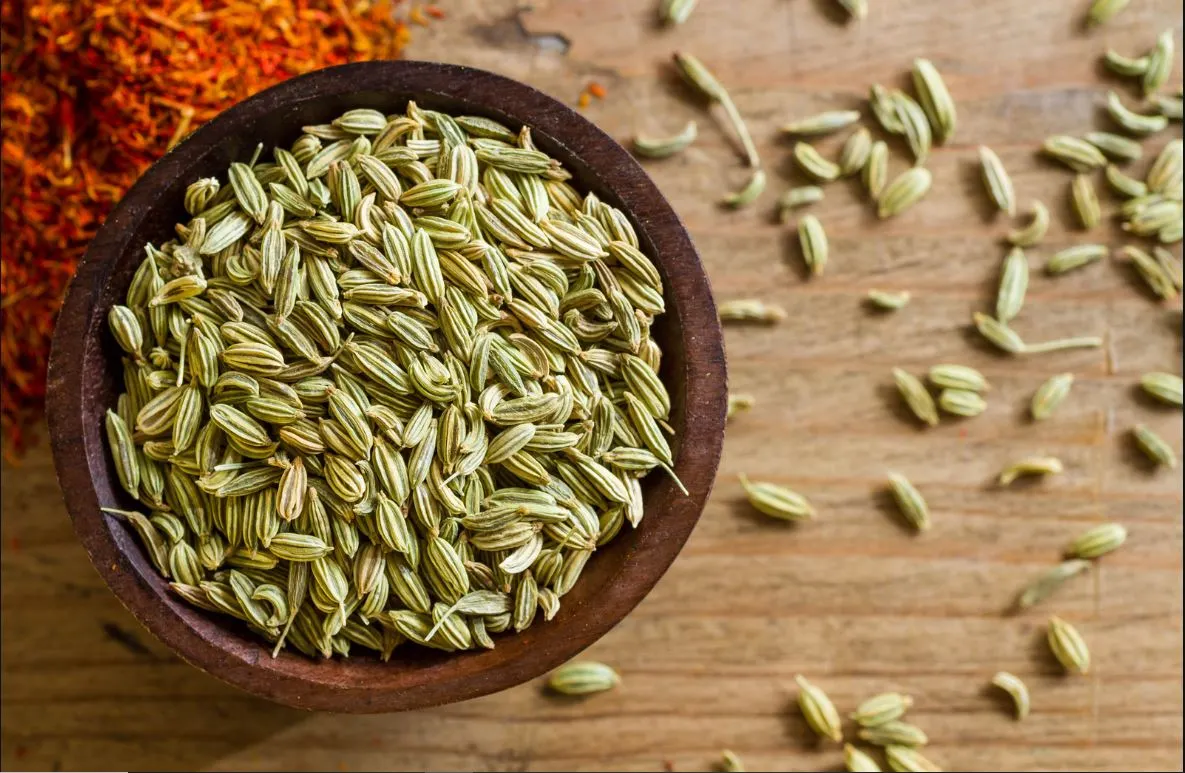Rosemary leaves for hair growth have gained popularity as a natural remedy to boost scalp health and stimulate hair follicles. Rich in antioxidants and anti-inflammatory compounds, rosemary helps improve blood circulation to the scalp, promoting stronger, thicker hair.
These leaves have been a well-kept secret for centuries, and it’s time to unveil this natural wonder to the world.
Rosemary
Rosemary, scientifically known as Rosmarinus officinalis, is more than just a fragrant herb for your culinary adventures.
This Mediterranean plant has been revered for its medicinal properties since ancient times. From improving memory to enhancing digestion, rosemary has a myriad of benefits. However, one of its most exciting applications is in the realm of hair care.
How Rosemary Leaves for Hair Growth Work
Let’s explore the science behind this herbal marvel. Rosemary leaves contain several compounds that contribute to hair health:
- Carnosic acid: This powerful antioxidant helps protect hair follicles from damage.
- Rosmarinic acid: Known for its anti-inflammatory properties, it can soothe the scalp.
- Ursolic acid: This compound may help increase scalp circulation.
- Caffeic acid: Another antioxidant that supports overall hair health.
These components work together to create an environment conducive to hair growth. By improving blood circulation to the scalp, rosemary leaves for hair growth stimulate the hair follicles, potentially leading to thicker, stronger hair.
How to Use Rosemary Leaves for Hair Growth
Now that we understand the potential of rosemary, let’s explore some practical ways to incorporate it into your hair care routine:
Rosemary-Infused Oil
Create your own hair growth elixir by infusing olive or coconut oil with rosemary leaves. Here’s how:
- Fill a jar with dried rosemary leaves
- Cover completely with your chosen oil
- Seal and let it sit in a warm, dark place for 4-6 weeks
- Strain and use as a pre-shampoo treatment or overnight mask
Rosemary Tea Rinse
For a quick and easy solution, try a rosemary tea rinse:
- Steep 1/4 cup of fresh rosemary leaves in 2 cups of hot water for 30 minutes
- Strain and let cool
- After shampooing, pour the rinse over your hair and scalp
- Massage gently and leave in for 5 minutes before rinsing
DIY Rosemary Shampoo
Elevate your regular shampoo by adding rosemary:
- Mix 10-15 drops of rosemary essential oil with your regular shampoo
- Use as normal, focusing on massaging your scalp
- Leave on for a few minutes before rinsing
Rosemary Scalp Massage
For a relaxing and beneficial treatment:
- Mix 3-5 drops of rosemary essential oil with 1 tablespoon of carrier oil
- Gently massage into your scalp for 5-10 minutes
- Leave on for at least 30 minutes or overnight before washing
Related Guide: Is Dandelion Tea Good for You? An In-depth Analysis of Its Potential Health Benefits
The Science Behind Rosemary Leaves for Hair Growth
While anecdotal evidence has long supported the use of rosemary for hair health, recent scientific studies have begun to back up these claims. A 2015 study published in the journal Skinmed compared the effects of rosemary oil to minoxidil, a common hair growth treatment. The results showed that rosemary oil was just as effective as minoxidil in promoting hair growth over a six-month period.
Another study from 2013 found that rosemary leaf extract could help protect against hair loss caused by testosterone, which is particularly promising for those dealing with male or female pattern baldness.
Consistency is Key
As with any natural remedy, patience and consistency are crucial when using rosemary leaves for hair growth. It’s important to remember that hair grows in cycles, and it may take several months to see noticeable results. Incorporate rosemary into your hair care routine 2-3 times a week for the best outcomes.
Precautions and Considerations
While rosemary is generally safe for most people, it’s always wise to exercise caution:
- Perform a patch test before using rosemary products on your scalp to check for allergies
- Pregnant or breastfeeding women should consult with a healthcare provider before use
- If you have sensitive skin or a pre-existing scalp condition, start with diluted applications
FAQs
1. How to use rosemary leaves for hair growth?
Dr. Abhishek Pilani, MD, dermatologist and founder of Assure Clinic, suggests that you may produce rosemary-infused water by boiling a few sprigs of rosemary leaves in two cups of water for fifteen minutes. Before transferring it to a spray bottle, let it cool. For optimal effects, apply this mixture to your scalp and let it sit overnight.
2. Can rosemary grow your hair fast?
Board-certified dermatologist Marisa Garshick claims she practices in New York City. “Moreover, some research has indicated that rosemary oil may help to promote hair growth; it is believed to help enhance scalp circulation, which may help to stimulate hair growth by raising blood flow.”
3. Can I spray rosemary water on my hair every day?
As often as you’d like, you may use a rosemary water spray to promote faster hair development and lessen hair loss. However, it is advised that you limit how often you use the rinse in your bath or shower to once or twice a week.
4. Can I leave rosemary in my hair for 24 hours?
Yes, you can benefit from rosemary oil in your hair overnight while obtaining some much-needed sleep. But be careful—applying rosemary oil directly to the hair and leaving it there all night might irritate it. Use only products infused with rosemary oil or diluted rosemary oil.
Conclusion
Incorporating rosemary leaves for hair growth into your routine is about achieving luscious locks and embracing a holistic approach to hair care. By choosing natural remedies like rosemary, you’re nurturing your hair and connecting with age-old wisdom that has stood the test of time.
So why not give rosemary a try? Whether you’re looking to boost hair growth, improve scalp health, or simply enjoy the aromatic experience, rosemary leaves for hair growth might just be the natural solution you’ve been searching for. Remember, beautiful hair starts with a healthy scalp, and nature often provides the best ingredients for both.



